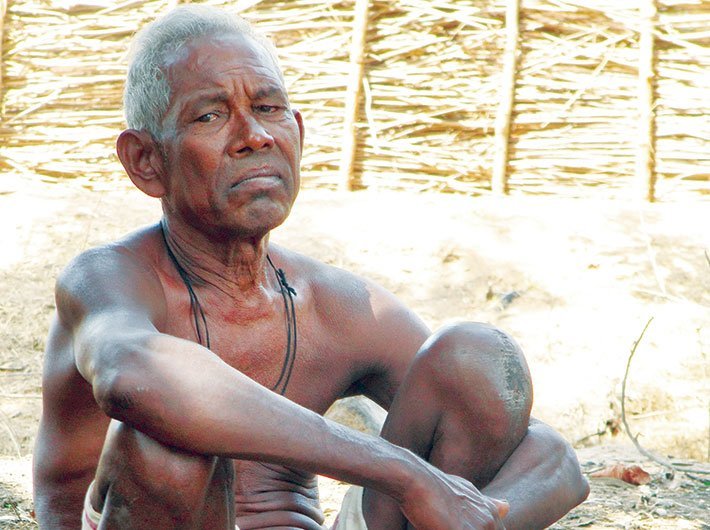Academic-activist talks about ‘fictitious and absurd cases’ against her and others caught in the crossfire in Chhattisgarh
Sociologists usually don’t make news, but Nandini Sundar has received a fair amount of media coverage in recent weeks for two reasons: just as her book, ‘The Burning Forest - India’s War in Bastar’ (Juggernaut), has received rave reviews, Chhattisgarh police filed a case of murder against her and others.
In responding to the charge, Sundar looks less at herself and more at the travails of the marginalised. “The public often comes to realise that there is a state of emergency and breakdown of law only when the state targets middle-class people. The poor have always lived in a state of emergency,” Sundar told me in an email interaction.
“The fictitious and absurd cases against us are no different from the false cases they have been filing against ordinary adivasis all this time. People are picked up from their homes and passed off as Maoists. The jails of Chhattisgarh are among the most overcrowded in the country. We had good lawyers and media coverage, the rest have nothing. It’s time that the public at large realised just how lawless the government of Chhattisgarh is.”
In her book, she has noted that Maoists and rights activists are indistinguishable for the security establishment. That possibly explains why more and more rights activists have been targeted by the state in recent times. I asked her how she reacts to such a situation.
“The state is targeting rights activists to escape culpability for its own crimes. We were in the middle of court hearings, with the CBI charge-sheeting the state police and Salwa Judum activists, for burning over 300 homes in three villages and attacking Swami Agnivesh. The FIR against us was meant to divert attention from that.”
Sundar also presents the following sequence of events which “speaks for itself”:
“October 17: CBI files charge-sheet against seven SPOs for arson and 26 Salwa Judum leaders for attacking Swami Agnivesh.
“October 21: Court directs the CBI to give us the reports. The CBI charge-sheet becomes news in Chhattisgarh.
“October 23: SRP Kalluri, who was SSP Dantewada in 2011 and under whose command both the operations in the villages and the attack on Swami Agnivesh took place, holds press conference. He accuses the CBI of lying and says the houses caught fire by themselves due to crossfire. Not only does this contradict the police FIR registered in 2011 which says that the Maoists burnt houses, but is also physically impossible since the houses are far apart, and spread over different hamlets.
“October 24: There is a coordinated movement by former SPOs, now police constables, in seven police district HQs to burn the effigies of six people – including me, and Manish Kunjam who is also a petitioner in the case before the SC.
“October 26: AGNI, one of the state-sponsored goonda gangs, attacks a press conference held by Manish Kunjam.
“October 28: Hearing in SC where we ask for protection for Manish Kunjam. The state was ordered to provide this as far back as 2010, but they have given him a gunman without a gun.
“November 7: The police file a fake FIR against us. We were charged for the murder of a man whom we have never met, in an area which we visited six months before he was killed, on the supposed complaint of the wife who has said she never made any such complaint.”
She also notes that, “The good thing is that the opposition is now making it an issue – for a long time the Congress and BJP collaborated on running the Salwa Judum.”

